Jackson Lears, a senior faculty member and historian at Rutgers University, has used his position and platform to criticize Israel, challenge U.S. support for its ally, and align with voices that seek academic and cultural boycotts of the Jewish state. Known for his work in intellectual and cultural history, Lears has steadily amplified radical and anti-Israel positions under the banner of progressive academia. Through public writings, roundtable appearances, and campus influence, he has become a prominent figure in Rutgers’ activist network pushing narratives that delegitimize the Jewish state and embolden anti-Zionist organizing.
Academic Background
-
Board of Governors Distinguished Professor of History at Rutgers University
-
Specializes in cultural and intellectual history, religious studies, literature, and folk beliefs
-
Editor at Raritan Quarterly, a Rutgers-affiliated academic journal
Actions & Public Engagement
🗓 May 2021 – Signed a Rutgers faculty letter condemning Israel’s “military assault on Palestinians across all regions,” framing the Israeli government as the primary aggressor while omitting any condemnation of Hamas terrorism.
🗓 Feb 2015 – Participated in a roundtable alongside radical activist Noam Chomsky and BDS proponent Nada Elia, questioning whether academic boycotts of Israel can work—endorsing strategies that seek to isolate Israeli institutions.
🗓 Apr 2024 – Wrote “Seeing in the Dark” for Raritan Quarterly, reflecting on U.S. militarism and implicitly connecting Israel’s actions in Gaza to larger patterns of American-backed oppression.
🗓 Apr 2024 – Appeared in a roundtable titled “Militarism Unhinged” with activists Phyllis Bennis and Jeffrey Sachs, criticizing U.S. support for Israel’s defense strategy in Gaza and its role in Middle Eastern conflicts.
Why Jackson Lears Is a Problem for Campus Culture
Jackson Lears is a problem on campus because he uses his prestige as a senior professor to legitimize anti-Israel extremism under the cover of academic debate. By aligning with figures who defend BDS and question Israel’s right to exist, Lears has helped normalize the marginalization of Jewish students and fostered a culture where anti-Zionism is treated as intellectual virtue. His voice carries institutional weight, shaping the tone of Rutgers’ discourse on the Middle East—and steering it away from balance and truth.





